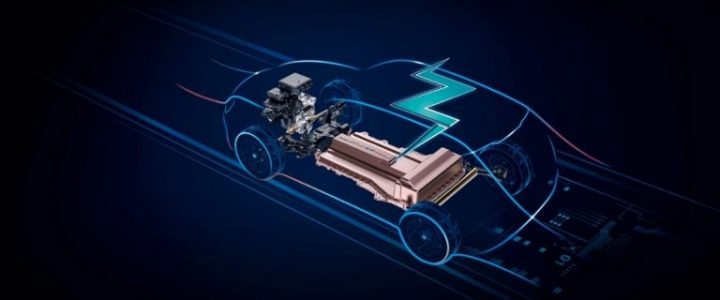| 2 YEAR | II semester | 6 CFU |
| Cristiano M. Verrelli | A.Y. 2021-22 to A.Y. 2024-25 |
|
|
A.Y. 2025-26 (new name CONTROL OF ELECTRICAL MOTORS AND VEHICLES ) |
| Code:8039782 SSD: ING-INF/04 |
LEARNING OUTCOMES: The course aims to provide a unified exposition of the most important steps and concerns in mathematical modeling and design of estimation and control algorithms for electrical machines such as:
– permanent magnet synchronous motors
– permanent magnet stepper motors
– synchronous motors with damping windings
– induction (asynchronous) motors
– synchronous generators.
KNOWLEDGE AND UNDERSTANDING: Students should be able to gain profound insight into the fundamental mathematical modeling and control design techniques for electrical machines, which are of interest and value not only to engineers engaged in the control of electric machines but also to a broader audience interested in (nonlinear) control design.
APPLYING KNOWLEDGE AND UNDERSTANDING: Students should be able to deeply understand mathematical modeling through nonlinear differential equations, stability and nonlinear control theory concepts, and design of (nonlinear) adaptive controls containing parameter estimation algorithms (important for applications). Students should be able to apply the related knowledge to learning control of robotic manipulators and cruise/yaw rate control of electric vehicles.
MAKING JUDGEMENTS: Students should be able to identify the specific design scenario and apply the most suitable techniques. Students should be able to compare the effectiveness of different controls while analyzing theoretical/experimental advantages and drawbacks.
COMMUNICATION SKILLS: Students should be able to use a single notation and modern (nonlinear) control terminology. Students should be able to exhibit a logical and progressive exposition starting from basic assumptions, structural properties, modeling, control, and estimation algorithms. Students are also expected to be able to read and capture the main results of a technical paper concerning the topics of the course, as well as to effectively communicate in a precise and clear way the content of the course. Tutor-guided individual projects (including Maple and Matlab-Simulink computer simulations and lab visits) invite intensive participation and exchanging ideas.
LEARNING SKILLS: Being enough skilled in the specific field to undertake the following studies characterized by a high degree of autonomy.
TEXTS
R. Marino, P. Tomei, C.M. Verrelli, Induction Motor Control Design, Springer, 2010.
Latest journal papers.


